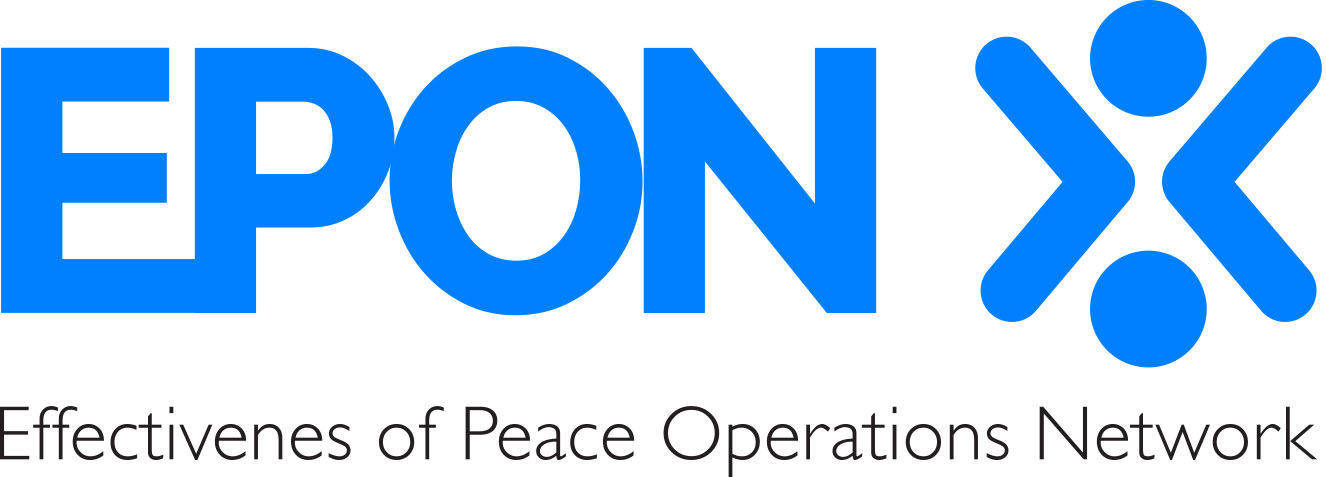Adaptive Leadership for Sustaining Peace in Turbulent Times
The Geneva Centre for Security Policy, the Norwegian Institute of International Affairs and the International Leadership Association will host an interactive panel conversation on the theme Adaptive Leadership for Sustaining Peace in Turbulent Times. The session is linked with and builds on a previously held session on a related topic at the Geneva Peace Week 2020 (Thursday 5 November 2020).
About this Event
Members of Panel
- Ms Annika Hilding Norberg, Head of Peace Operations and Peacebuilding, GCSP
- Dr Cedric de Coning, Research Professor, NUPI & Senior Advisor, ACCORD
- Lieutenant-General Dennis Gyllensporre, PhD, Force Commander MINUSMA (UN Multidimensional Integrated Stabilization Mission in Mali)
- Ms Victoria K Holt, Vice President, Stimson Center; Adjunct Prof., Columbia University
- Prof Dr Mike Hardy, CMG OBE FRSA, Chair, International Leadership Association; Professor of Intercultural Relations and founding Director of the Centre for Trust, Peace, and Social Relations, Coventry University
To learn more about our panelists, please download their bios here.
This interactive panel and collective brainstorming session will explore key adaptive leadership principles that is needed to steer peacebuilding and peace operations effectively through major disruptive events, like that of COVID19, by identifying lessons and useful practices from the hitherto pandemic experience. The overall objectives of the session is thus to: (a) identify lessons and useful practices from the emerging peacebuilding and peace operations experience; (b) use these to generate adaptive leadership principles for managing major disruptions, like COVID19; and (c) share these principles with policy makers, practitioners and educational and training institutions. The session will draw on evidence-based research generated by the Effectiveness of Peace Operations Network (EPON) and elsewhere. A number of aspects will be considered, including the role of personal leadership requirements, strategic communications, the role of digital technology, consultations and other means to shape both the global and local stakeholder environment, and the strengthening of the resilience of the missions’ own organization and staff. It is envisioned that the session will be general enough to be able to draw broader conclusions and generate larger interest, while also being specific enough to provide evidence-based and concrete analysis and a specific product for a greater long-term impact of the conversation.

